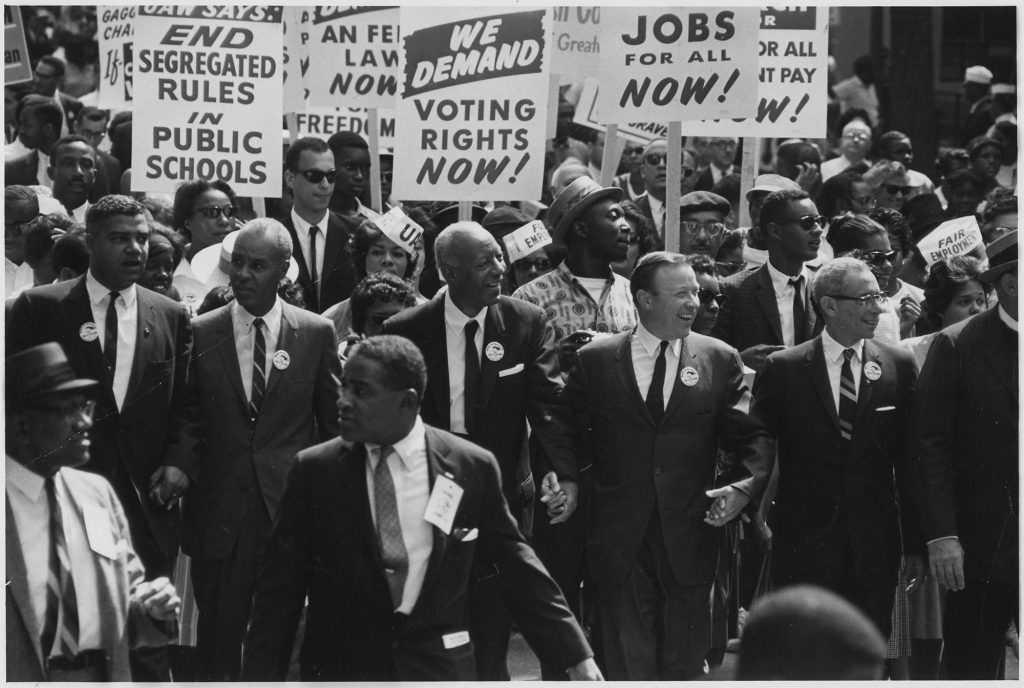
A number of people are posting in my social media feed about “Critical Race Theory” (CRT), but it’s apparent from the content of those posts that some of them are not distinguishing CRT from the larger disciplines of African-American Studies, African Diaspora Studies, and History.
CRT is a subset of Critical Theory. Critical Theory is built upon the work of people like Habermas, Horkheimer, and other continental, Frankfurt-school philosophers whose work I barely understood well enough to pass my Ph.D. comprehensive exams. Critical Theory was a response to logical positivism, and continues to influence several disciplines, including philosophy and sociology. The nuanced approaches of CRT and Critical Theory rely upon familiarity with a substantial and complex body of thought, and therefore they are rarely taught with any depth below the graduate level.
History, on the other hand, is taught at all levels of study. History is the discipline of studying the ideas and actions of the past, through the lens of the present. For instance, teaching students that white supremacy and oppression of ethnic minorities and women were hard-coded into the founding documents, laws, economic systems, and social structures of the United States is not teaching CRT, it’s teaching History. From “3/5 of a person” to “redlining,” this isn’t theory, this is fact.
The teaching of facts like these is not “divisive.” Instead, it exposes students to the deep, systemic factors that create an existing division that they might not otherwise see because of their privilege. The fact that so many people are suddenly clamoring to block the teaching of the history of white supremacy in this country is indicative of just how easy it is – from a position of majority – to ignore those white supremacist structures, and it shows exactly why teaching History is so important.
Those attacking what they claim is “CRT” think they are somehow protecting American exceptionalism. To the contrary, hiding a history of abuse and oppression is the policy of the authoritarian regimes we have historically stood against. Totalitarian states revise history to hide their sins. Free nations expose those wounds to the light of day, in the hopes of healing them.
Those wounds are not only real, they continue to pain our nation to this day. If America is going to continue to be exceptional, we have to teach our children to recognize the profound and lasting consequences of institutionalized white supremacy in our country. That requires studying and teaching History, not censoring it to protect the hurt feelings of those who would rather not face uncomfortable truths.
America is not a great nation because it was or is free of the forces of white supremacy. America is a great nation because we have the political and educational freedom to challenge those forces. We can be great, if we use our schooling to amplify the voices of those impacted by systemic oppression. We will be great, if we use our democratic power to dismantle systemic oppression, through a shared vision of a beloved community that looks honestly at the past so that it can build a different future.


